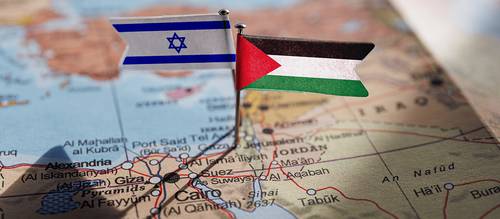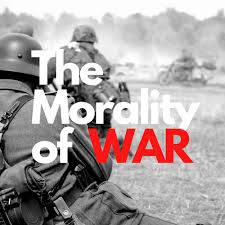For an act as trivial as buying a bar of chocolate from the supermarket, the hundreds of people involved alongside the myriad transactions, proves that the world is so much more that what merely meets the eye. From the productions of cocoa, to its distribution to various manufacturers, all the way to us (the consumers) – every single step is indispensable to the entire process.
An ‘economy’ is nothing but the total of all such occurrences in a given geographical area. These activities can involve the production, distribution, or merely the consumption of a product. The product could be a tangible merchandise – ranging from a chocolate bar to a rocket engine – or an intangible service, such as the activities of a doctor, police, or gardener.
According to the Cambridge Dictionary, an economy can be defined as a system of trade and industry by which a country's wealth is created and used. Hence, an economy encompasses not mere money or goods, but also culture, values, education, technological advances, history, social structure, political organization, legal systems, geographic location, natural resources, and ecology - anything that has an impact on wealth creation and consumption.
What initially began as a simple exchange of goods by barter, grew tremendously with the invention of money and advanced with the speedy onset of the Industrial Revolution. Its growth flourished to such vast proportions that we now have many great scholars with their theories trying to break down and perceive the dynamics behind this captivated field of economics. There is no turning back!
The importance of an ‘economy’ arises from different aspects – the most salient and evident of those being that it is simply indispensable to put food on our plates. Learning and understanding the functions of an economy i.e., the subject matter of the economy, is necessary for various key reasons such as
- What to produce?
- When to produce?
- How to ensure efficient delivery of goods?
- What can be done to increase demand and decrease wastage of merchandise?
- Where to invest and what to invest on?
- How much money has to be put into for the factors involved in the production? The list is endless.
A healthy economy is one in which the cash flow is constant – a scenario where people are spending because they can afford to buy goods and services, that are produced incessantly, as the demand for them is steady. A favorable balance of trade, wherein imports outweigh the exports of a country is also a sign of viability. To put it in simple words, a country must strive towards bringing in wealth from outside and minimize cash departing its economy.
In the present-day capitalistic world, the existence of the economy, its relevance, and significance have augmented. In the past, no one would've believed that the worth of Zomato, a food delivery app that was initially only an ingenious idea, would surpass the value of TAJ Hotels, a prestigious group of companies with services befitting a king. However, this is where we all are now. As this mountain of a revolution continues to thrive, carving out a niche for ourselves is a goal to be keenly considered.





